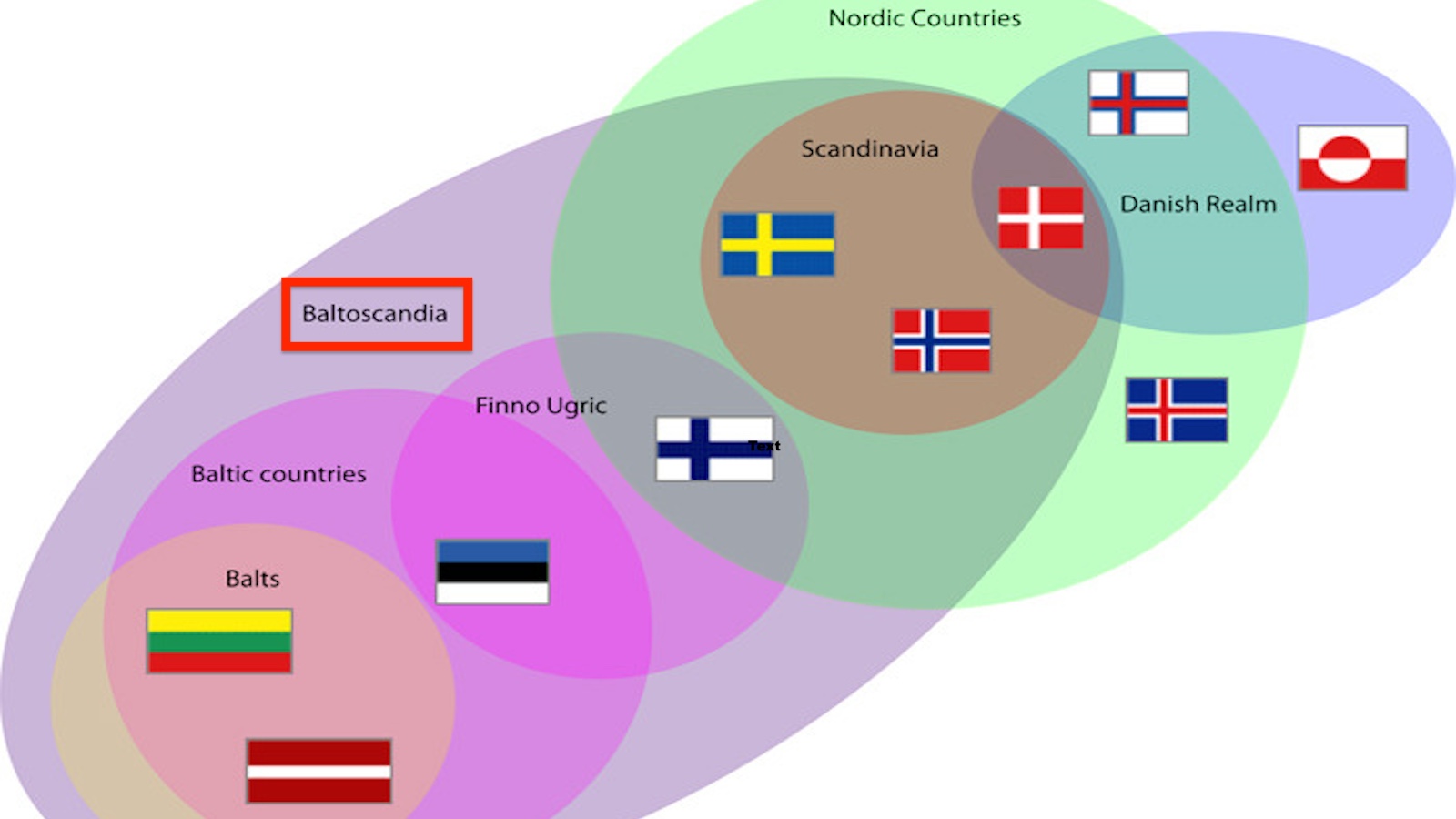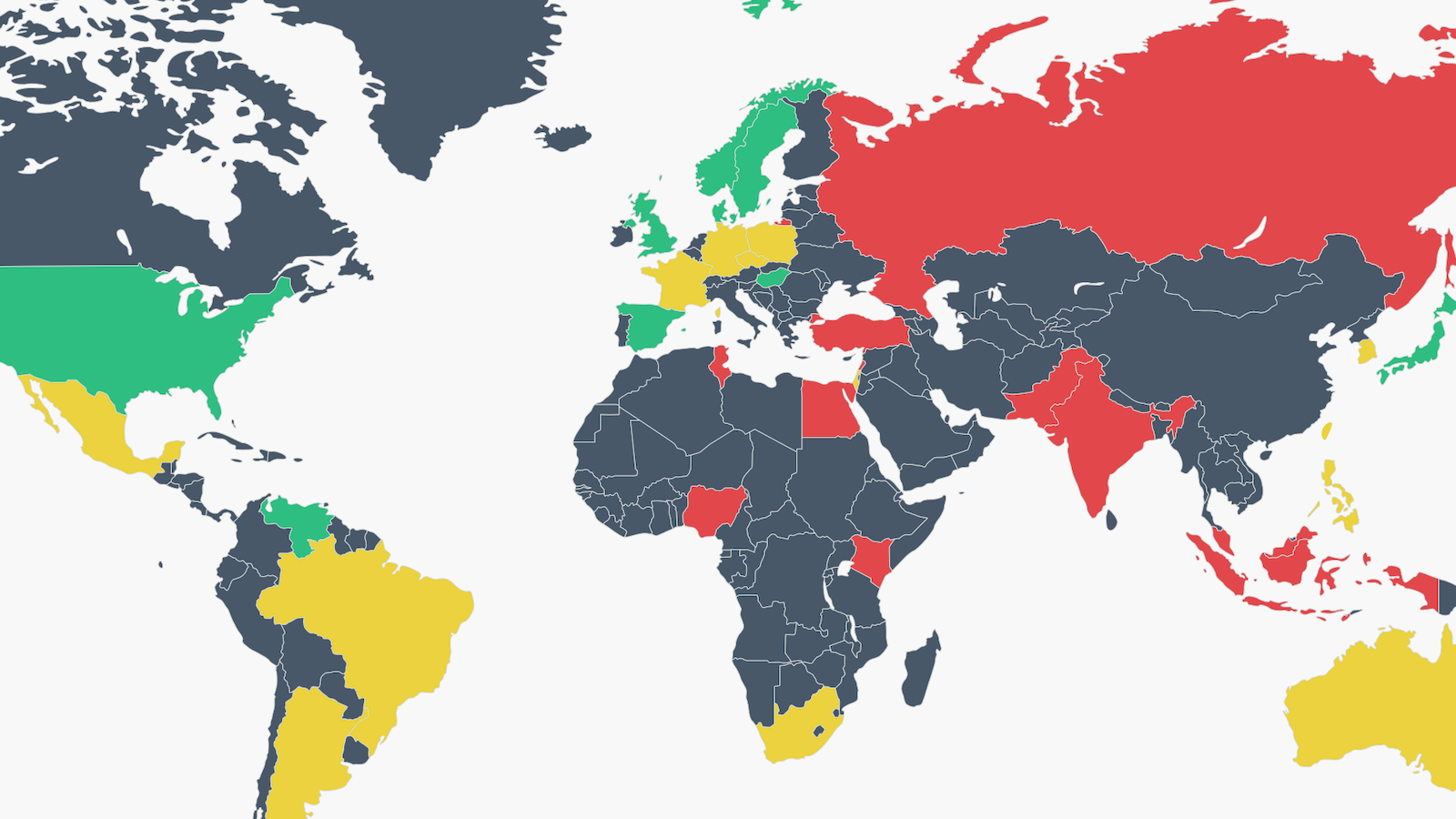Leif Pagrotsky and the lure of a Scandinavian welfare state.
Question: What makes the Swedish economy unique?
Pagrotsky: Sweden is a small, very open economy. We have about 9 million inhabitants and we have a tradition of very open borders, sharing world trade with others and pursuing very open trade policies. We’re members of the European Union and we use our membership to promote open borders and free trade, whereas sometimes there are strong protectionist pressures also in the European Union. We have been able to cope with globalization in spite of our open borders or perhaps because of it, because we have policies that are designed to make change easier, to promote flexibility, and that means that we have been able to combine the past decades of rapid explosion of international trade with strong employment, rising [real] wages and growing surpluses on the current [account].
Question: Which schools of thought inspired the Swedish model?
Pagrotsky: Well, you can see it two ways. One is it was gradually developed since the early ‘30s, when Keynesianism was adopted in my country even before Keynes published his General Theory. The Finance Minister and the top economists in the Stockholm School, Gunnar Myrdal, Bertil Ohlin, [IB] and a few others were highly involved in the international economic policy debate, and they applied Keynesianism before he published General Theory. And then, gradually, that was expanded through social benefits and all kinds of things, but you can also trace the roots further. There is a very strong tradition in Sweden of solidarity, of individuals not being left alone, of priority given to taking care of each other, if you wish, and that meant that those policies were well imbedded in temperament, in culture and traditions, and we built upon something that was normally natural in the Swedish sentiment. It was not something alien that was planted into the country, so I think that is part of the explanation why parties that advocated more American style policies never succeeded in getting any votes, getting many votes in my country. And now, when we had a change of government two years ago, on a platform that actually meant lower taxes, lower benefits, a retreat in government ambitions, that could only be elected by using a vocabulary and a rhetoric that had the opposite element saying this is a way to improve the public sector. This is a way to expand. This is a way to produce more security and more jobs. It was not a way to use the American model as an argument.





